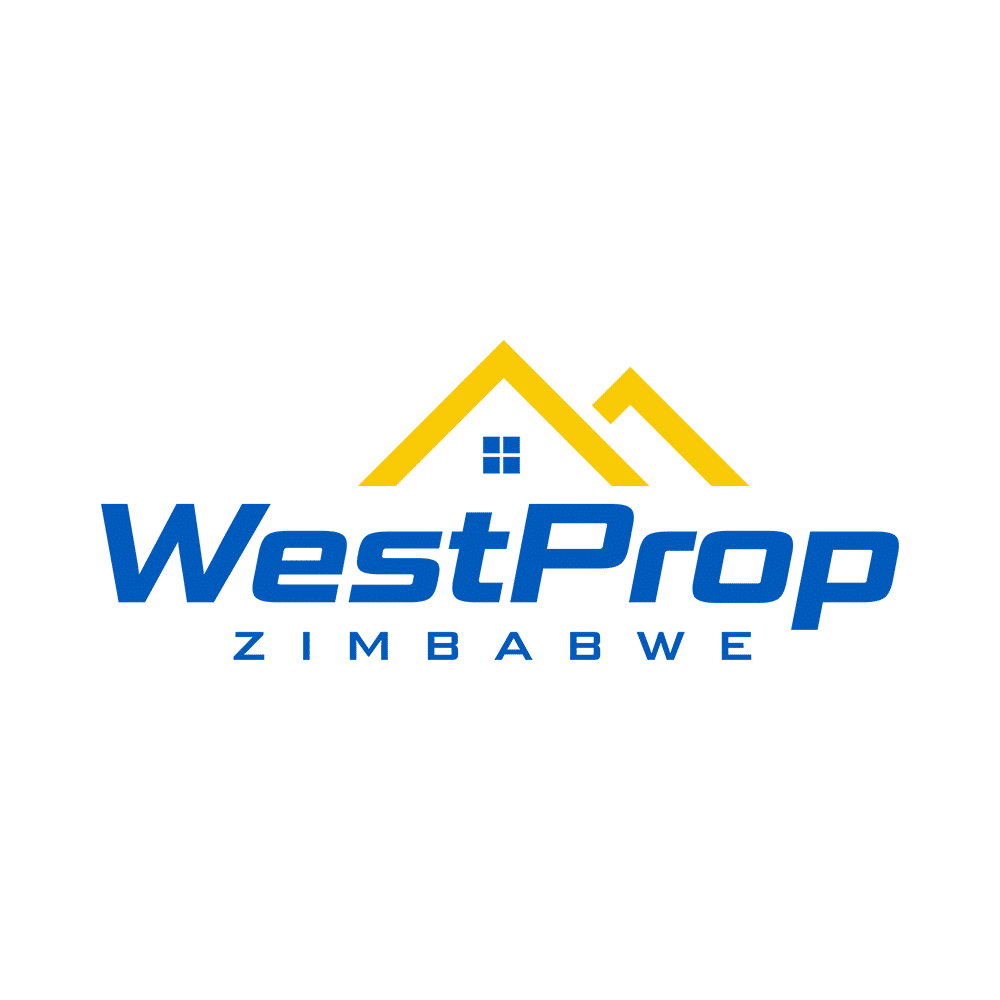
I felt it befitting to shift focus a bit from our series of discussions on the procurement cycle risk to discuss the risk of procurement at board level this start of 2015.
Nyasha Chizu
The matter of procurement risk is at the apex of every organisation, but very little has been done at macro and micro levels to address the challenges.
It is at the backdrop that procurement is the new driver of competitiveness and also the chief responsibility of every board if the corporation is to prosper.
The board governs the organisation by providing broad policies and objectives that are formulated and agreed upon by the chief executive and employees, including assignment of priorities to ensure the organisation’s capacity to undertake its mandate are continually reviewed.
In addition to provision of direction, it is the board responsibility to acquire sufficient resources for the organisation’s operations and to finance the programmes adequately.
All these responsibilities are within the procurement domain. The determination of the organisation’s mission and purpose is also the responsibility of the board.
They also have the responsibility to ensure there is effective organisational planning.
- Chamisa under fire over US$120K donation
- Mavhunga puts DeMbare into Chibuku quarterfinals
- Pension funds bet on Cabora Bassa oilfields
- Councils defy govt fire tender directive
Keep Reading
Procurement therefore has an important role in the performance of the board and its subsequent success is attributed to the efficiency of the procurement activities.
A research conducted by Adam and Ferreira in 2007 determined that effectiveness of the organisation is governed by four factors of the level of limits on the chief executive officer (CEO) operations that affect their control of the organisation; the level of advice from the board that is expected to raise the firm’s value without limiting the CEO’s action; the effectiveness of the board’s control and the value of its advice from a more informed board, and; the defined role of the CEO in the transmission of firm-specific information.
The composition of the board is therefore critical. Some factors such as board size and actions regarding the oversight of the CEO as well as overall performance of the firm need to take into account the level of boards’ understanding of the “new competitiveness driver” – procurement.
When chips are down in the organisation, the board becomes the centre of attraction.
In consideration of that fact, each board member is expected to have certain attributes to contribute to the overall performance of the organisation.
Sadly, when procurement is the major source of competitiveness, there has been no representation of it at board level exposing the organisation to concomitant risk.
The performance of each board of directors is likely to have its own dynamics that include factors such as relationships and personalities among the directors, their background and skills, their incentives and connection.
The issue of background and skills in procurement becomes paramount and yet the most trivialised in both public and private sector. To that effect, most organisations do not have a procurement strategy to support the organisational strategy.
The few that have such a strategy, it is not surprising that the strategy would be inadequate due to the lack of relevant competencies in procurement at board level.
The issue needs urgent attention in light of the fraud at Enron and Worldcom that held the board liable with the liabilities extending to the personal pockets of the directors.
Given the high procurement cycle risk that we shall continue to explore, this article is just a “stimulant” for shareholders to urgently consider cooption of a procurement expert in the board to limit the inherent procurement risk.
Nyasha Chizu is a fellow of the Chartered Institute of Purchasing and Supply writing in his personal capacity. Feedback: [email protected]; Skype: nyasha.chizu











